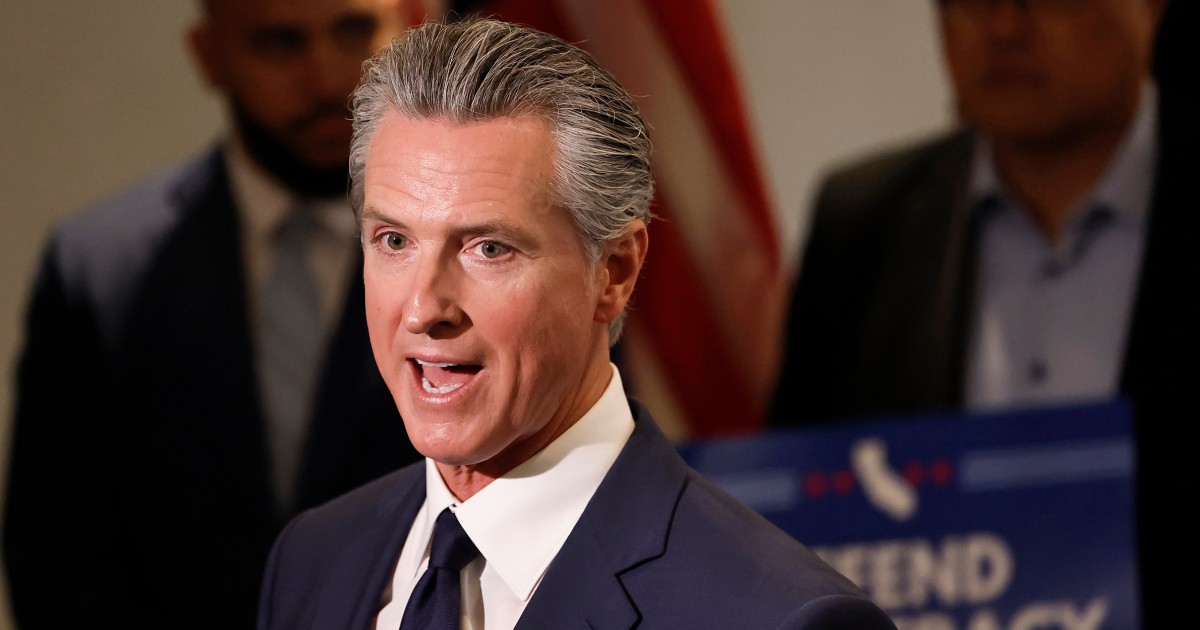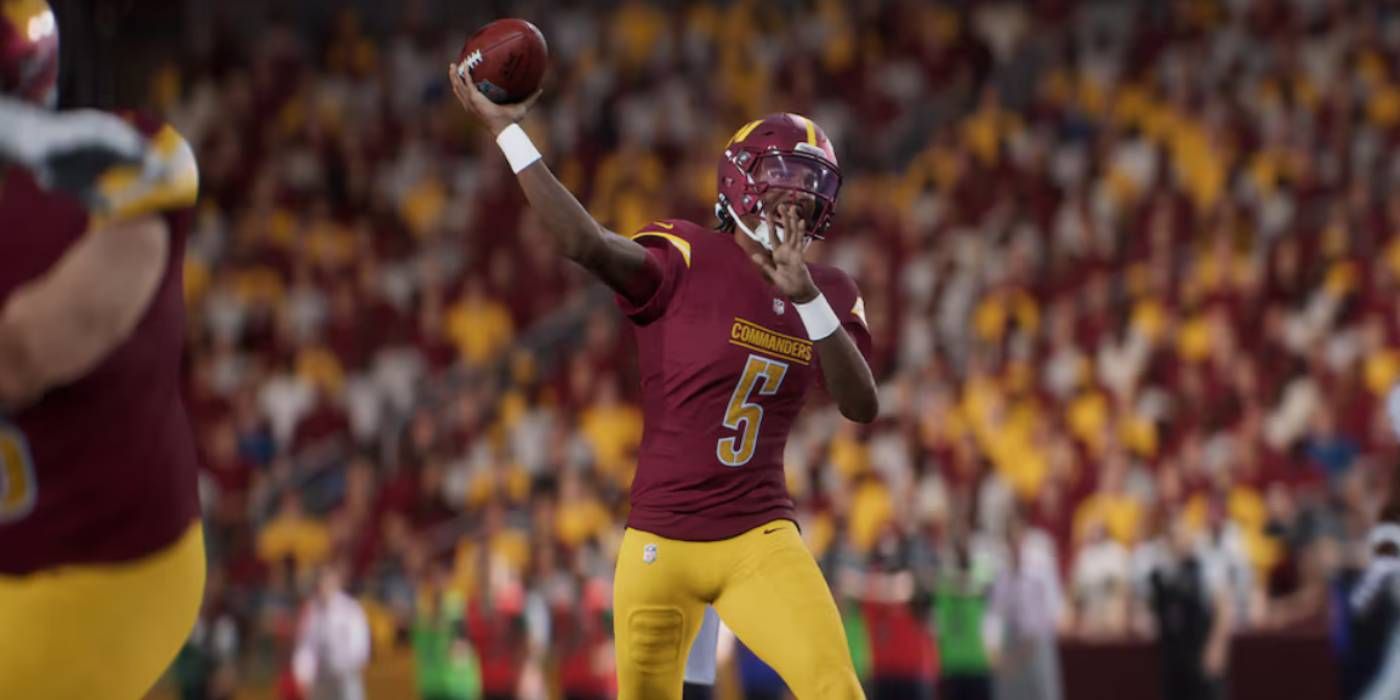Will Soros-Funded Philly DA Keep Trump Out of His City?

Understanding the Tensions Between Philadelphia's District Attorney and Former President Trump
In recent weeks, the political landscape has become increasingly charged, particularly in the wake of comments from Philadelphia District Attorney Larry Krasner regarding former President Donald Trump's deployment of the National Guard to address violent crime in Washington, D.C. This tension highlights a broader discussion about crime rates, public safety, and the role of federal intervention in local matters. Krasner's response not only underscores his stance on crime in Philadelphia but also reflects the ongoing partisan divide in American politics.
As the District Attorney of Philadelphia, Larry Krasner has been a controversial figure since taking office. His progressive approach to law enforcement and criminal justice reform has garnered both support and criticism. Following Trump's decision to deploy the National Guard in Washington, D.C., Krasner quickly issued a warning against similar actions in Philadelphia, citing a significant decrease in violent crime rates in the city. This article delves into the implications of Krasner's comments, the current state of crime in Philadelphia, and the broader national context.
The Context of Trump's National Guard Deployment
Trump's deployment of the National Guard was prompted by concerns over rising crime rates in Washington, D.C., particularly in the wake of the COVID-19 pandemic and civil unrest. However, critics, including Krasner, argue that such measures are unnecessary and politically motivated. This assertion is backed by statistical evidence indicating a decline in crime rates in both D.C. and Philadelphia over recent years, challenging the narrative of a crime crisis.
Krasner specifically pointed out that violent crime in Philadelphia is at a record low, contradicting Trump's claims of an emergency. This discrepancy illustrates the divergent perspectives on crime and public safety that exist between liberal and conservative factions in the United States. Krasner's defense of Philadelphia's crime statistics serves as a rallying point for those who favor community-based approaches to safety over militarized responses.
Crime Trends in Philadelphia
Understanding the crime trends in Philadelphia is essential to grasping the full scope of this debate. After a record number of homicides in 2021, the city has seen a noticeable decline in violent crime, thanks in part to collaborative efforts between law enforcement, community organizations, and city leaders. These initiatives focus on prevention and rehabilitation rather than punitive measures, aligning with Krasner's progressive agenda.
- 2021 Homicide Rates: Philadelphia recorded a historic number of homicides in 2021, which raised alarms about public safety.
- Declining Crime Rates: In subsequent years, statistics have shown a downward trend in violent crime, indicating the effectiveness of local crime reduction strategies.
- Community Engagement: Efforts to engage with communities have been pivotal in fostering trust and cooperation between residents and law enforcement.
Krasner's Critique of Trump's Approach
Krasner's comments extend beyond mere statistics; they reflect a deep-seated critique of Trump's approach to governance and public safety. By labeling Trump's claims as dishonest and a "cynical ploy," Krasner positions himself as a defender of democratic values against what he perceives as authoritarian tendencies. He argues that the real emergency lies not within the streets of Philadelphia, but within Trump’s actions and rhetoric.
This sentiment resonates with many who feel that the former president's tactics are designed to incite fear rather than promote genuine safety. Krasner's firm stance is indicative of a broader movement among progressive leaders who advocate for reformative rather than militaristic approaches to crime and safety.
The Role of Federal Intervention in Local Crime
The debate over federal intervention in local crime issues raises significant questions about authority and jurisdiction. Krasner's assertion that Trump would have less authority to deploy the National Guard in Philadelphia than in D.C. highlights the complexities of federalism in the United States. Local governments are often best positioned to understand and address their unique challenges, making unilateral federal action potentially problematic.
Krasner argues that communities in Philadelphia are actively working to reduce crime through collaboration and innovative strategies. This proactive approach stands in stark contrast to the heavy-handed measures proposed by Trump and others, which many critics view as counterproductive.
Public Safety and Democracy
In his remarks, Krasner emphasizes the importance of protecting democracy in the face of perceived threats. By framing Trump as the real emergency, he calls on citizens to recognize the potential dangers of authoritarian governance. This urgent plea for civic engagement resonates with many who believe that safeguarding democratic values is essential to creating safe and resilient communities.
The intersection of public safety and democracy is a critical conversation, especially in a time when trust in government institutions is being tested. Krasner’s insistence on local solutions to crime reflects a belief that empowering communities is the most effective way to ensure public safety and uphold democratic principles.
Conclusion: The Future of Public Safety in Philadelphia
As the dialogue around crime and safety continues to evolve, the ongoing tensions between local leaders like Larry Krasner and figures like Donald Trump will likely remain front and center. The fate of crime reduction strategies in Philadelphia will depend on community engagement, collaboration with law enforcement, and the commitment to reform that prioritizes public safety without resorting to militarization.
Philadelphia's efforts to navigate these challenges serve as a case study for cities across the nation grappling with similar issues. The approach taken by local leaders could shape the future of public safety and community relations in profound ways. As we reflect on these developments, one must consider: What role should federal government play in local crime issues, and how can communities best advocate for their safety?
Frequently Asked Questions
What are the current crime trends in Philadelphia?
Philadelphia has seen a decline in violent crime rates in recent years, following a peak in homicides in 2021. Community efforts and law enforcement strategies have contributed to this positive trend.
How does Larry Krasner view Trump's National Guard deployment?
Krasner has warned against the deployment of the National Guard in Philadelphia, arguing that crime is not at emergency levels and labeling Trump's actions as politically motivated.
What is the relationship between public safety and democracy?
The relationship between public safety and democracy is complex, with local leaders emphasizing community-based solutions to ensure safety while protecting democratic values against authoritarian tendencies.
As we navigate the intricate issues surrounding crime and public safety, it is essential to consider how our leaders' actions shape our understanding of democracy and community well-being. How do you think communities can balance safety and democratic values in today's climate? #PublicSafety #CommunityEngagement #Democracy
```Published: 2025-08-14 06:47:35 | Category: Trump GNEWS Search



